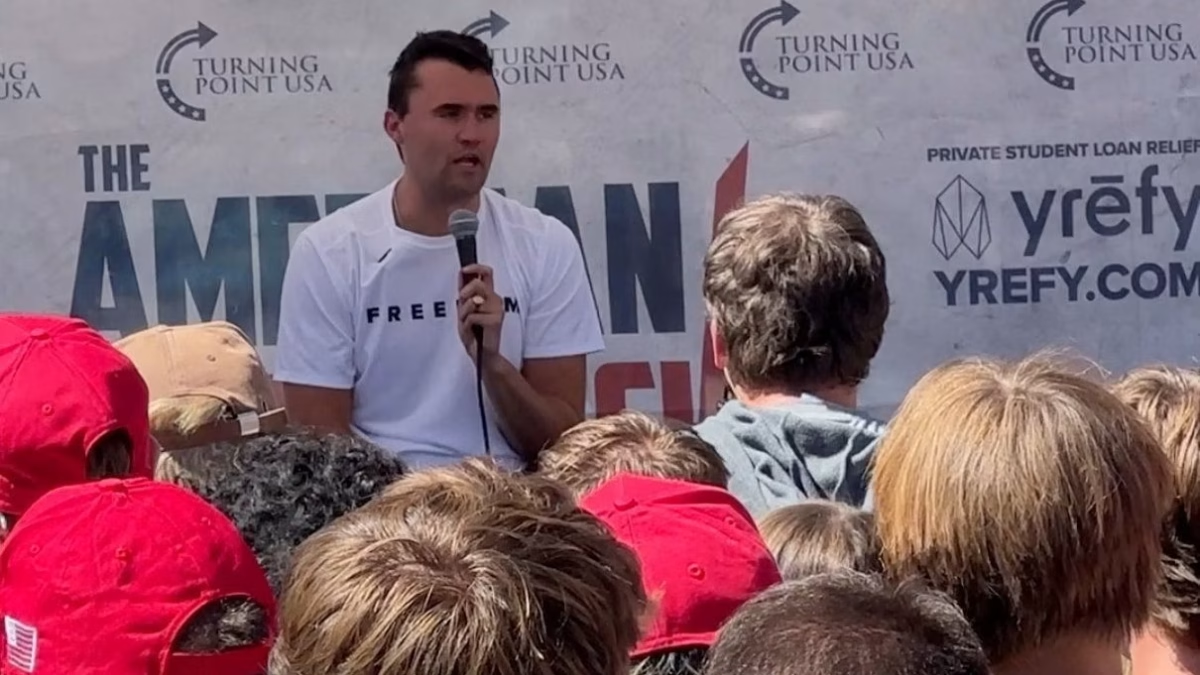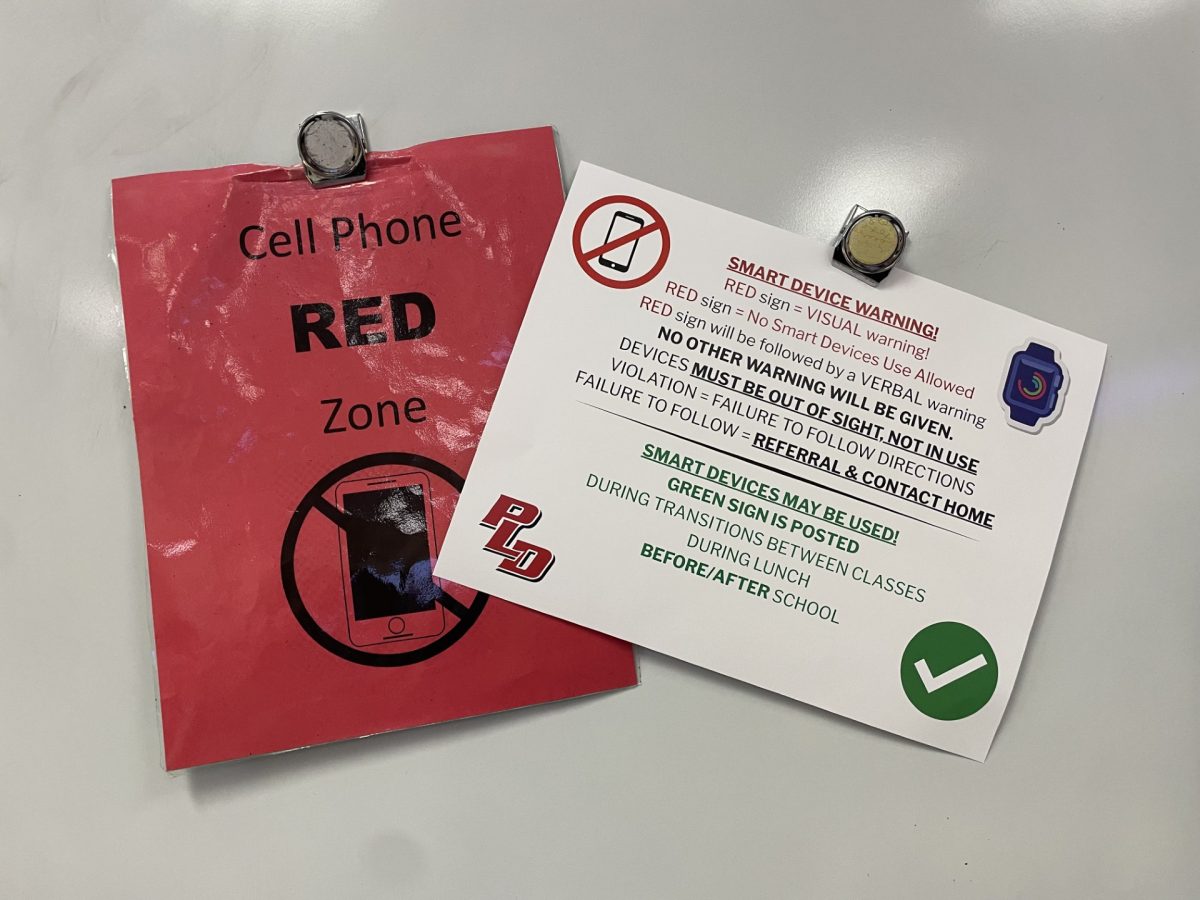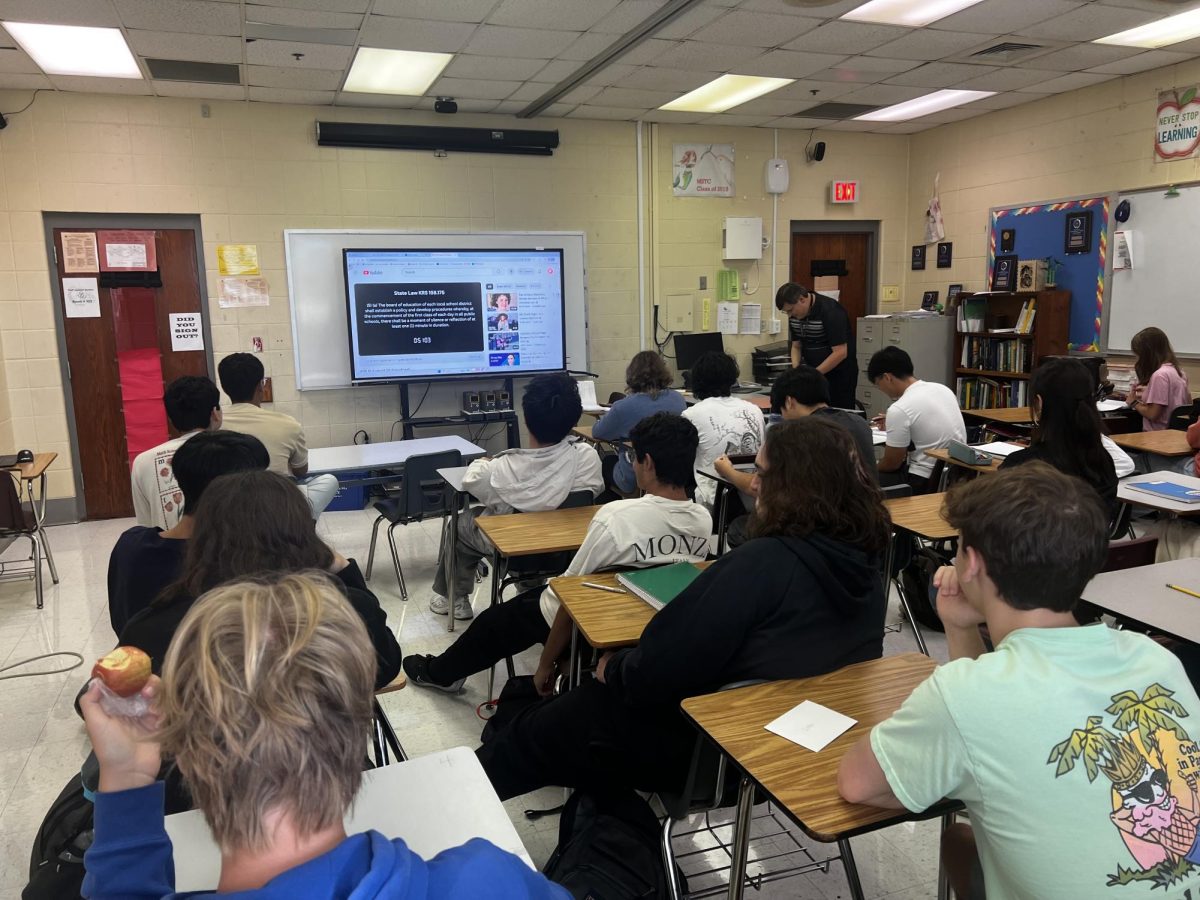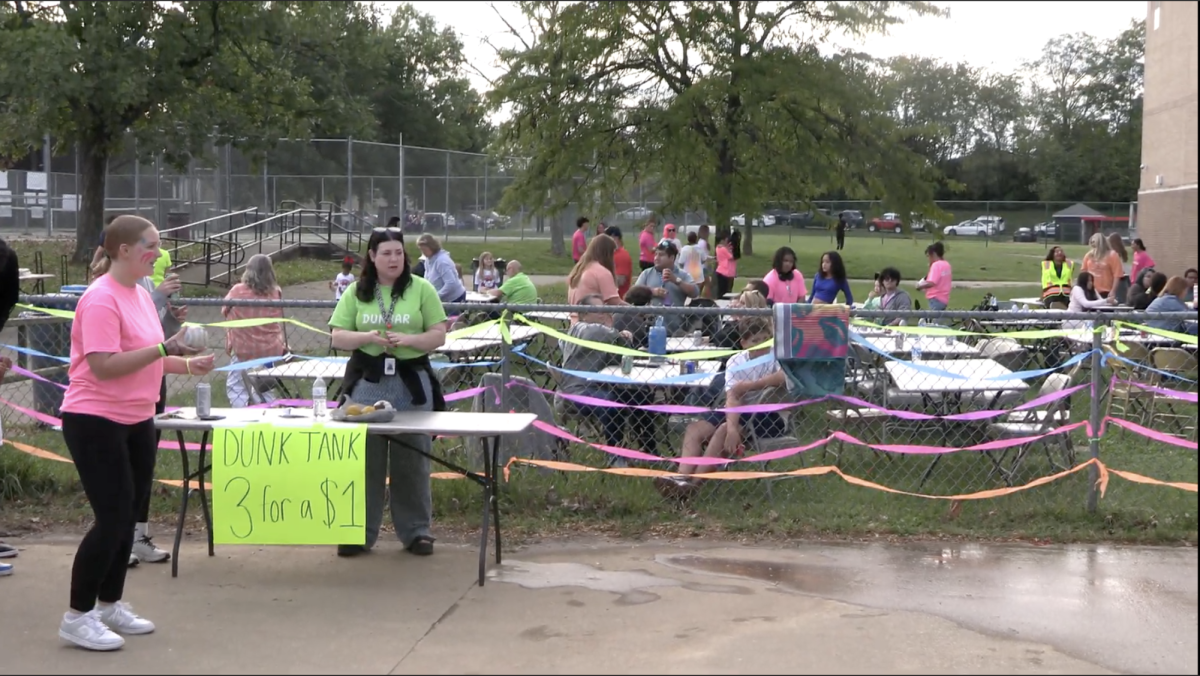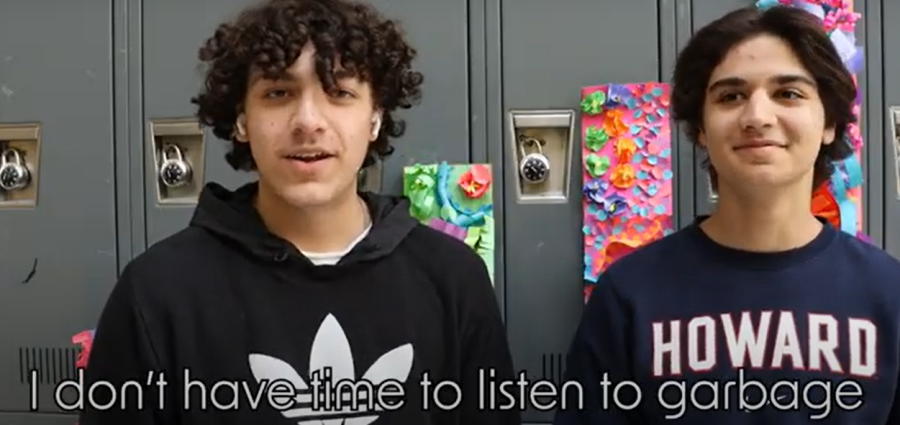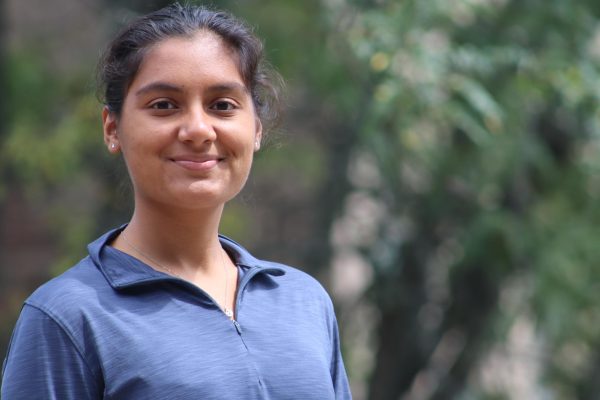When Paul Laurence Dunbar High School alumnus Raj Mankad learned he had won the Pulitzer Prize, his first reaction wasn’t joy or pride, it was sadness.
He was remembering a 15-year-old boy.
Mankad was one of the first reporters on the scene in the aftermath of the boy’s death. The 15-year-old was struck by a train on his way to school on Dec. 9, 2024.
The 10th-grade student who lost his life attended Milby High School, where students gathered for a memorial on Dec. 10.
“I waited outside the high school next to the memorial and spoke to his friends,” he said. “It was a terrible scene.”
The overarching series of stories that Mankad helped tell earned his team at the Houston Chronicle the 2025 Pulitzer Prize. He said his focus was on the ongoing problem, the loss of a young life, and its effect on the community.
According to an article from June 4, 2024, written before the student’s death, Mankad’s team wrote that some inner-city Houston students were “crawling over and under trains to get to and from school.” The article noted that residents and city leaders had addressed their concerns with Union Pacific, the railroad company responsible for the trains near schools. In fact, Mankad’s team reported that pleas from citizens went back to 2005 after a student lost his legs in a train collision.
Mankad said that just six months later, the worst possible outcome happened. Sadly, it was an outcome his team had tried to address.
When the Editorial Board was notified of their win, they wrote: “We ask you to act — and not just accept the notion that Houston’s historic debt to and ongoing reliance on the railroad industry should leave us forever captive to it.”
The work, Mankad said, is important. But it’s also bittersweet.
“It’s awkward,” he said. “Because even though it’s a celebration, I kept thinking of that family. I guess that’s the paradox of a lot of Pulitzer-winning work—it comes from covering something devastating.”
Before standing on journalism’s most prestigious stage, Mankad was a student at Dunbar and a part of the Math, Science, and Technology Center (MSTC). He graduated in 1996.
“I thought I’d become a physician,” he said. “But anyone looking at me from the outside could probably tell I was built for something else.”
His teachers noticed his skill in literacy and communication.
“This is amazing and not entirely surprising,” said Karen Young, Mankad’s former MSTC physics teacher.
“He was an excellent student,” she said. “What stood out most was his personality—he loved to argue a point and discuss issues, but was always open to the opinions of others.”
Mankad also has fond memories of his time at PLD.
“Dunbar was the first place I really felt safe and welcome,” he said.
It wasn’t until after high school that he found his voice in journalism. Still, his roots at Dunbar played a part in shaping his career, both figuratively and literally. During his time at Dunbar, Mankad helped found a club called Growing Tradition. He and his classmates in the club planted trees near the school’s front entrance.
He now serves in a leadership role at the Houston Chronicle. According to his staff bio, Mankad is the deputy opinion editor.
But even after winning journalism’s top prize, he admits to moments of self-doubt.
“Even now, I feel like I’m faking it,” he said. “Like I don’t really belong. But of course I do.”
He said that although his journey didn’t end up like he thought it would when he was 17, he is happy with his choices. And he is making a difference.
To students who are still figuring it all out—especially those who, like him, may be walking a different path—Mankad offered this advice: “You don’t need to have all the answers when you’re 17. You just need to stay curious. Follow the things that light you up. And remember—your path doesn’t have to look like anyone else’s.”
***
The Pulitzer Prize for distinguished editorial writing is awarded for “clearness of style, moral purpose, sound reasoning, and power to influence public opinion in what the writer conceives to be the right direction.”

